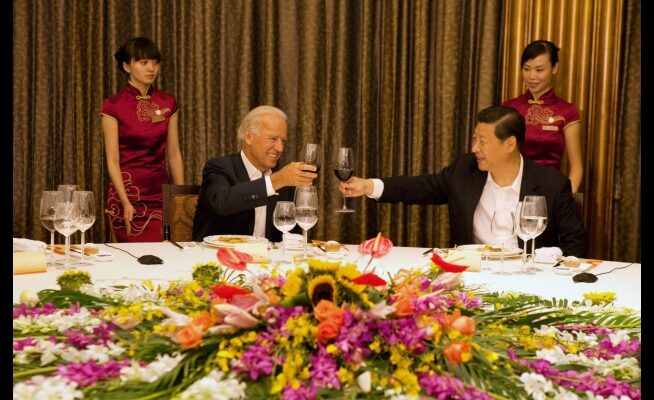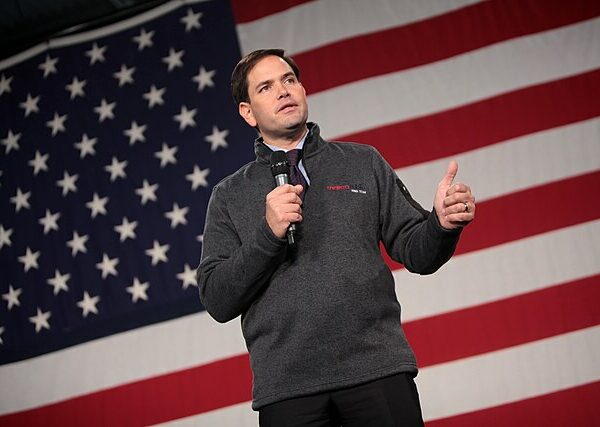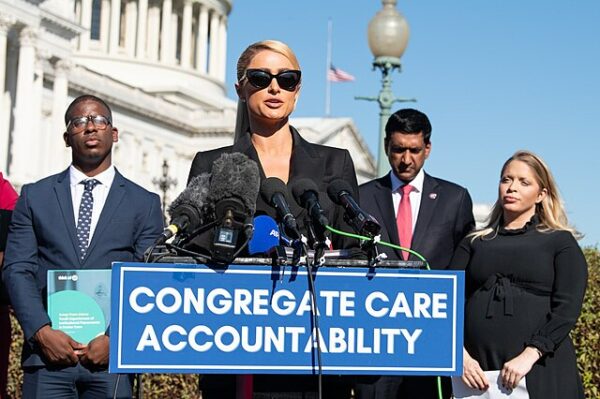
Democrats are rooting for the United States to lose its trade war with China. A newly released national survey from The Heartland Institute’s Glenn C. Haskins Emerging Issues Center, conducted in partnership with Rasmussen Reports, offers a revealing look at American public opinion heading into the 2028 presidential race. Based on responses from 1,067 likely voters surveyed on May 4, 2025, the data underscores deep ideological fractures—not only between parties but within them—while highlighting a growing generational shift away from traditional economic principles.
At a broad level, the findings point to continued support for free-market capitalism. Seventy-one percent of respondents said they favor a free-market economic system, while only 12 percent expressed a preference for socialism. When asked whether they would support a democratic socialist candidate—such as Senator Bernie Sanders or Representative Alexandria Ocasio-Cortez—in the 2028 presidential election, 46 percent said they would oppose such a candidate, compared to 31 percent who would support one. Views on communism were even more lopsided: 74 percent of voters said they held an unfavorable view, while just 18 percent viewed it positively.
Yet the generational breakdown tells a different story. Among voters aged 18 to 29, 37 percent expressed a favorable opinion of communism, and 50 percent said they would back a democratic socialist in the upcoming presidential contest. This represents a stark departure from older age groups and signals a broader realignment in political and economic attitudes among younger Americans.
The numbers align with a polling trend that revealed Democrats were becoming more and more comfortable with political violence as radicalism has engulfed the party.
The survey also sheds light on a surprising divide within the Democratic Party regarding the U.S.-China trade war. Thirty-two percent of Democratic voters said they would prefer to see China win the ongoing tariff dispute, while 30 percent sided with the United States. Another 38 percent reported being undecided. These findings suggest not only ideological confusion within the party but also potential vulnerability on foreign policy and national security issues. They also show why so many Democrats have been caught with strange connections to the communist nation.
On the question of Democratic presidential contenders for 2028, Vice President Kamala Harris currently leads the pack with 32 percent support among likely Democratic primary voters. Senator Sanders trails with 18 percent, while other names appear further behind. The gap highlights the tension between the party’s establishment figures and its increasingly vocal left-wing base, which is powered by younger voters who are more open to socialist and collectivist frameworks.
The Heartland Institute, a nonprofit founded in 1984 to promote free-market solutions to public policy challenges, has emphasized the implications of these trends. While the broader electorate remains firmly committed to capitalism and national sovereignty, younger voters are increasingly drawn to economic models that reject those foundations. The divergence poses a long-term threat to the political and cultural cohesion of the country, particularly if future generations continue to drift away from the principles of economic freedom.
At a time when global power dynamics are shifting and domestic debates over inflation, trade, and government intervention intensify, the results point to an urgent need for renewed engagement on the core values that have historically united the electorate. The U.S.-China trade conflict, once seen as a bipartisan concern, now exposes a troubling lack of consensus among Democratic voters, some of whom appear indifferent—or even sympathetic—to Chinese interests over American economic outcomes.
[Read More: Speaker Johnson Supports Major Reform Effort]











